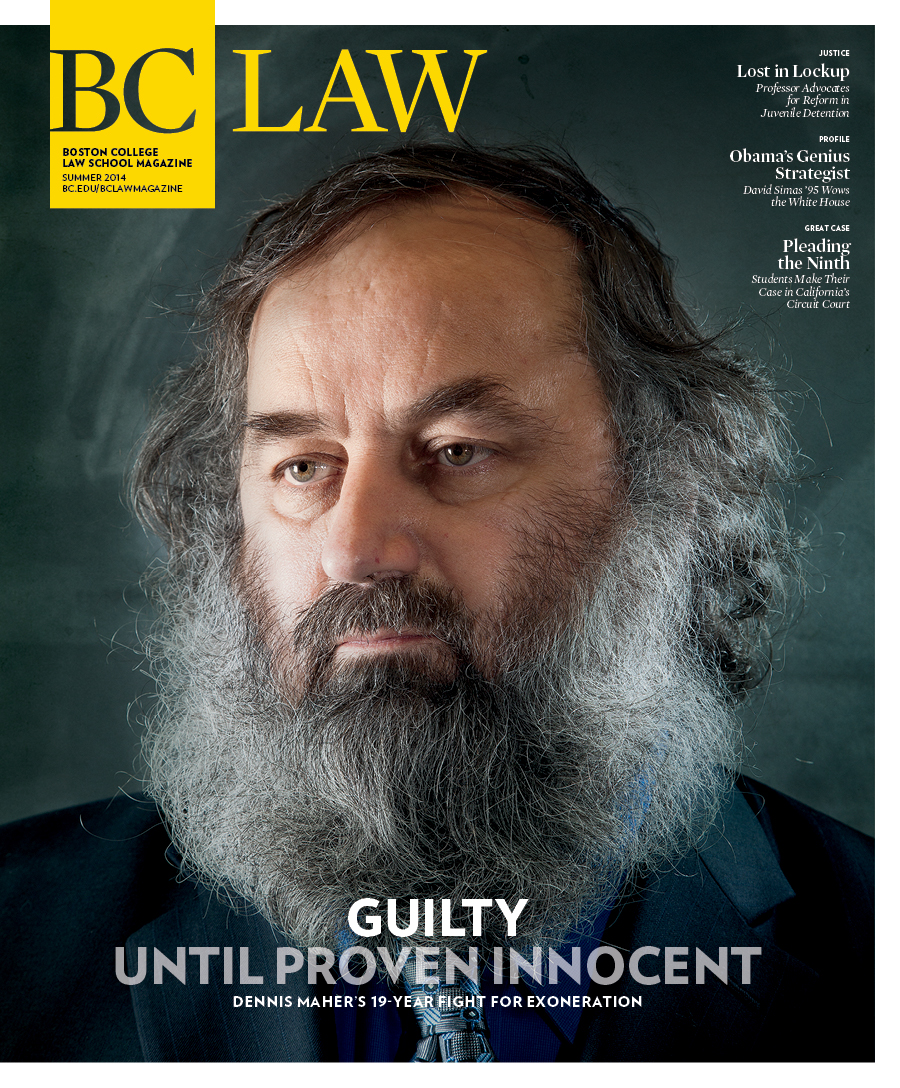Boston College Law School was one of three American universities among nineteen worldwide invited to participate this spring in an experiential learning project analyzing bilateral investment treaties with the United Nations Conference on Trade and Development (UNCTAD).
The UNCTAD initiative, now in its second year, sets out to create a comprehensive database of International Investment Agreements (IIA) across more than 150 variations of IIA provisions. The database will help development policymakers understand trends in IIA drafting over time and will contribute to UNCTAD’s ongoing policy analysis and recommendations.
Our students learned a great deal about the treaty framework that governs international investment and contributed in a meaningful and real way to the ongoing work of UNCTAD. —Professor Frank Garcia
The project builds on UNCTAD’s recently launched Investment Policy Framework for Sustainable Development (IPFSD), which offers a wide range of policy options, supporting IIA policy makers in the negotiation of sustainable, development-friendly IIAs.
BC Law’s efforts took the form of an innovative two-credit course offered during the spring semester by Associate Dean for Global Initiatives Frank Garcia that directly involved students in the work of the UN Committee.
“Our students learned a great deal about the treaty framework that governs international investment and contributed in a meaningful and real way to the ongoing work of UNCTAD,” Garcia said. “Two of our students participating in our London Program also participated in Kings College’s UNCTAD mapping team, making it an interesting transnational partnership and shared experiential learning effort.”
Students worked closely with peers at other partner universities, as each student was assigned three different mapping partners from different universities over the course of the project. In addition to the mapping project itself, students completed a ten- to fifteen-page research paper on some aspect of contemporary foreign investment law.
“Our students did the same work from right here at the Law School that they would have been doing if they were sitting in Geneva, and they were able to interact closely with UNCTAD staff,” said Garcia.
“It’s a very interesting hybrid approach and one we will be looking at as a model for other such opportunities—those that can be done remotely and yet, involve legal work for global institutions or NGOs,” Garcia added.


